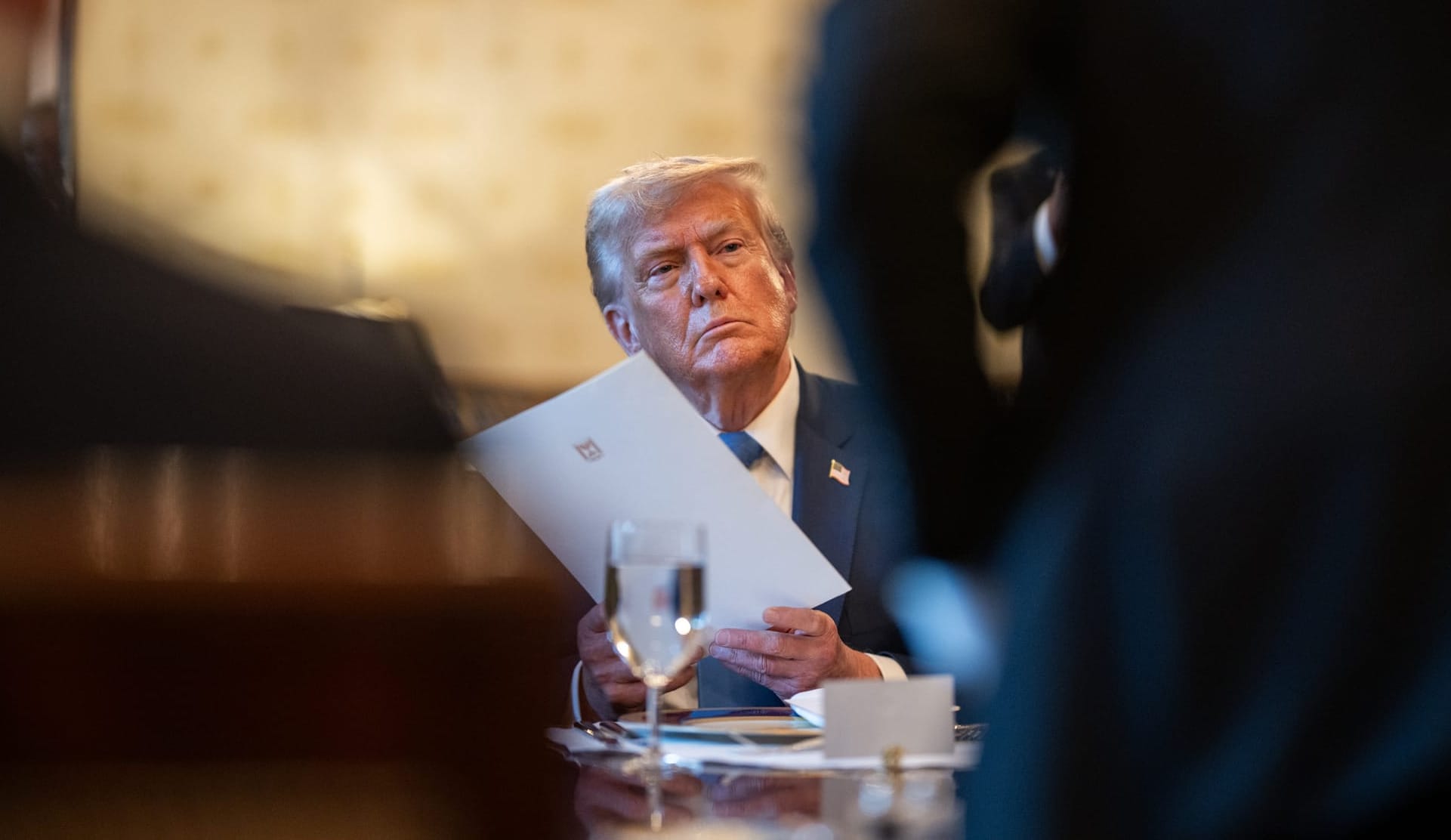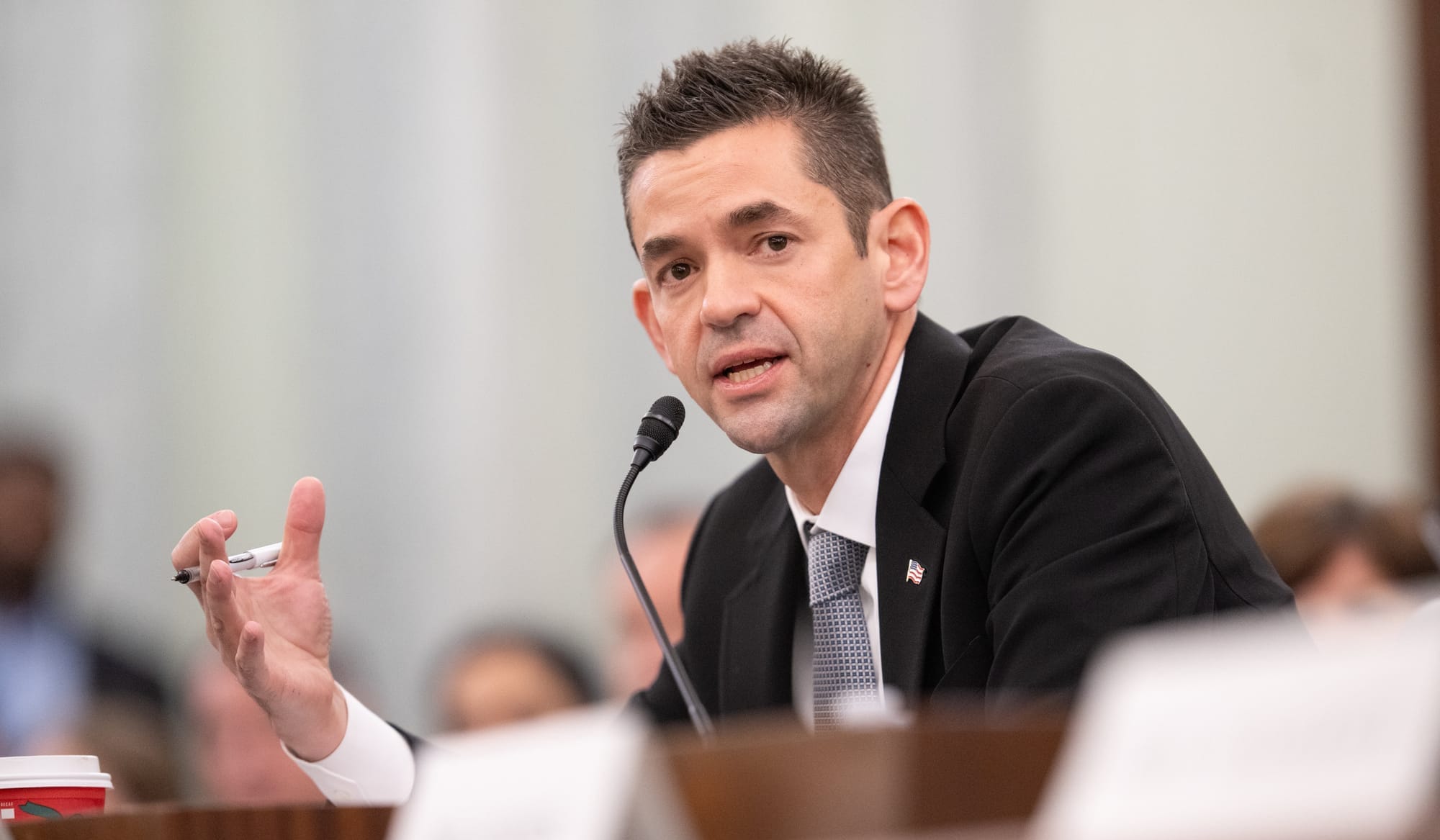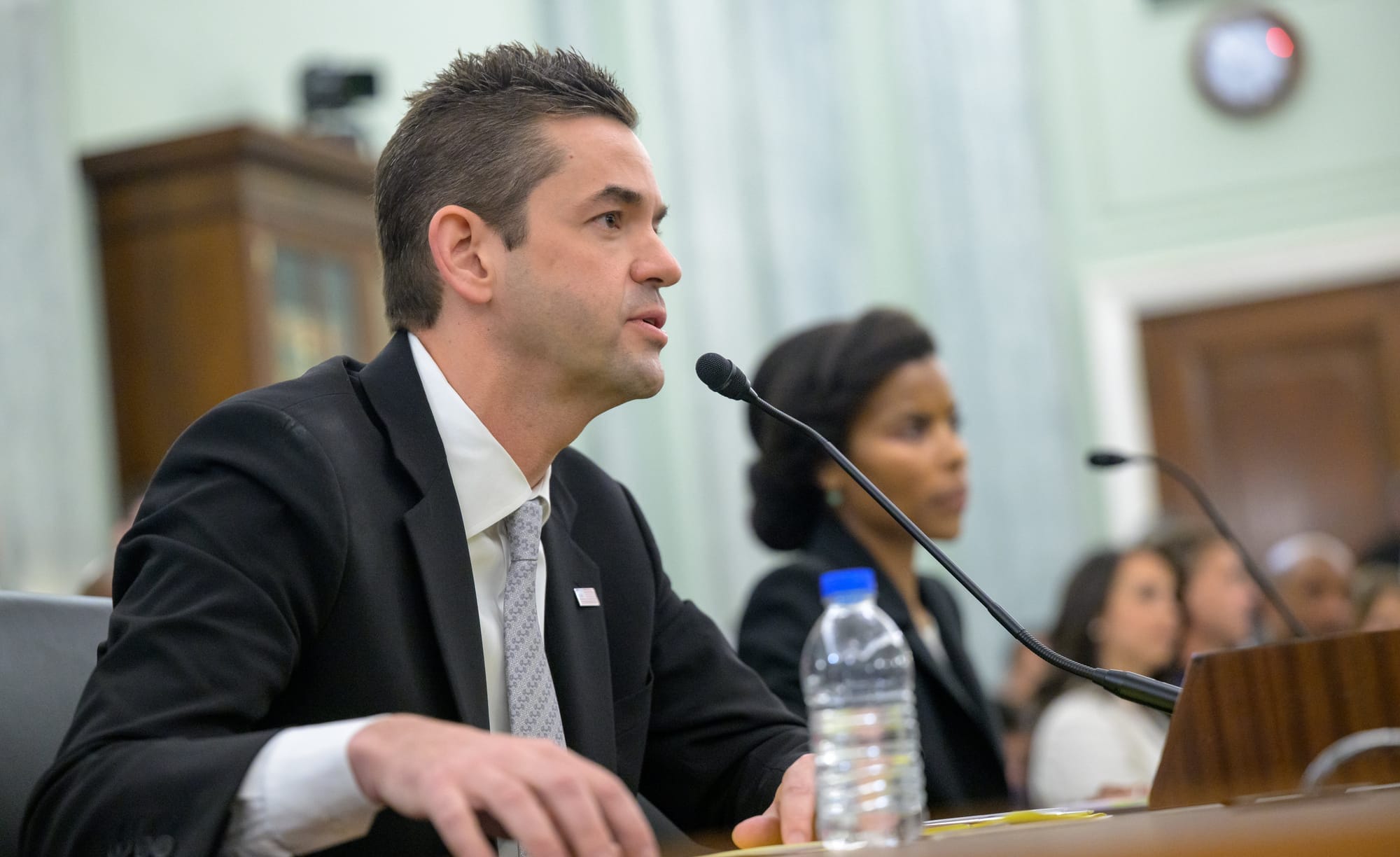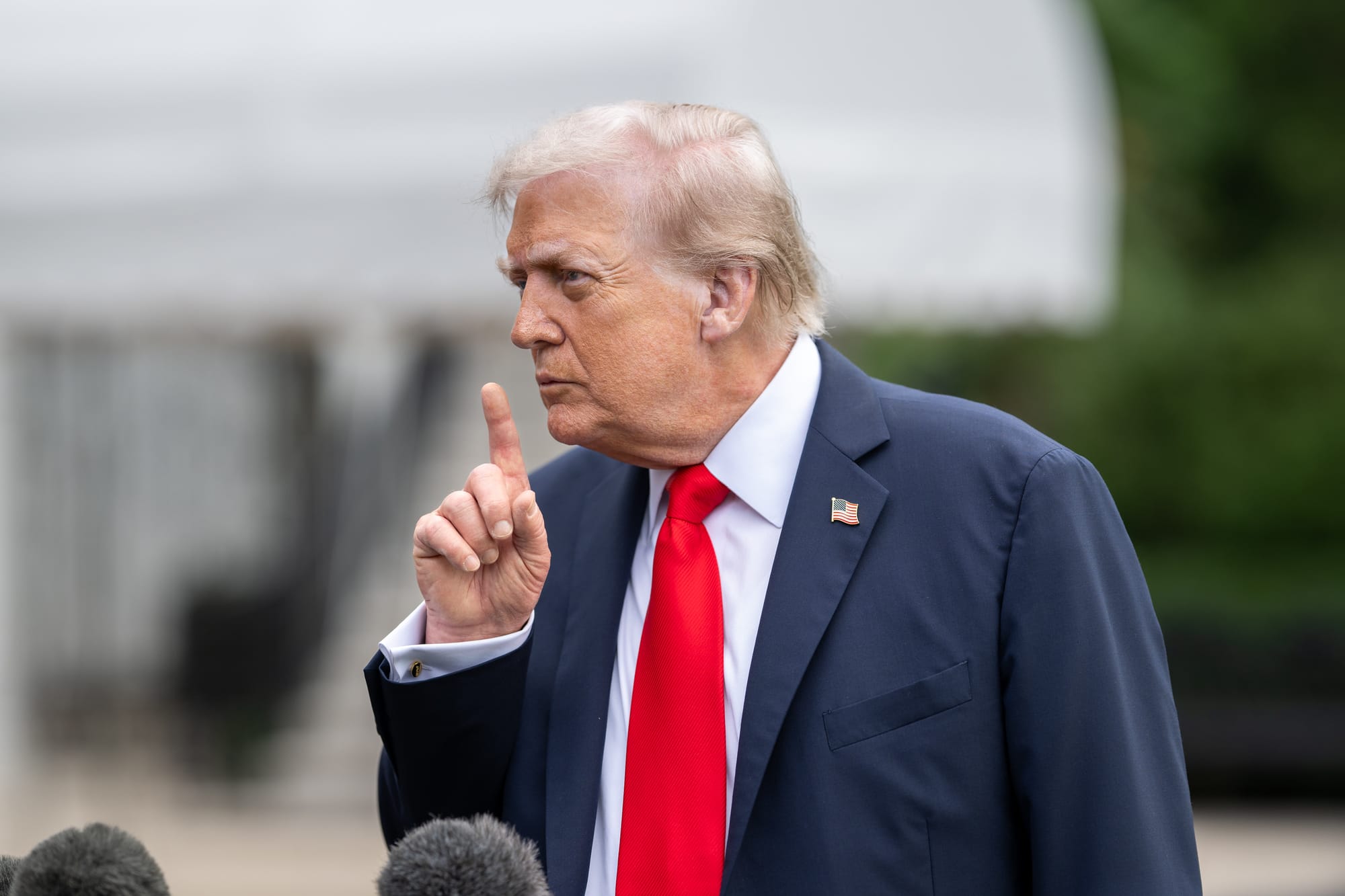Table of Contents
Donald Trump returned to the White House back in January, promising lofty goals for the country's space agency, including sending astronauts to the Moon and Mars. In the six months since however, plans (if there are any) have gone awry due to massive defunding pushes and political spats.
Potential Mars plans began to derail in early June when Trump and Elon Musk, head of SpaceX, had a very public falling out and continued feud. That feud saw SpaceX's numerous government contracts threatened with cancellation, followed by Musk stating he would decommission the U.S.' only operational crewed spacecraft (he later backed out of decommissioning Crew Dragon).
The Trump-Musk feud also saw the President's nominee for NASA Administrator, billionaire private astronaut Jared Isaacman, pulled. Trump viewed Isaacman as not aligned with his political agenda and a tool of Musk.
Before and during the feud, the Trump Administration outlined 6 billion United States Dollars in cuts to NASA, to end over forty science missions, cancel the America's only Moon rocket after the Artemis III mission, and remove support for various international programs.
In a pushback against the Trump cuts, the recently passed 'One Big, Beautiful Bill' includes 10 billion dollars for NASA. Key funding for Artemis in the bill is; 4.1 billion for Space Launch System (SLS) rockets for Artemis IV and Artemis V, 2.6 billion to fully fund the Gateway lunar space station being built with international cooperation, and 20 million for a fourth Orion crew spacecraft for use with Artemis IV and reuse on subsequent missions, among other items.
Meanwhile, a Senate Subcommittee Markup of the Commerce, Justice, Science, and Related Agencies Appropriations Act is aiming to keep NASA science funding at Fiscal Year 2024 levels, a full restoration. But the bill currently remains in the Senate. In the coming weeks, the Senate's restoration of funding for science will have to pass through the House of Representatives, where it will likely experience cuts.
Despite the rush to return funding to NASA, agency employees are already leaving the agency after acting agency leadership began a push to remove over 5,500 people. As of July 9th, Politico reports that at least 2,145 employees have left, with those leaving at various stages of their careers. The majority of those who have left so far are reported to belong to science or human spaceflight mission directorates.
NASA, in the meantime, has been headed by Acting Administrator Janet Petro, previously Director of the Kennedy Space Center, since Trump returned to office. As Acting Administrator, Petro has signed off on an anti-diversity, equity, inclusion, and accessibility witchhunt along with attempting to reorganize the agency in vague and internally unpopular ways while pushing through Trump's budget cuts, despite them not yet being law.
Recently, in a surprise move, Donald Trump announced on July 9th that he was appointing Sean Duffy, already Secretary of Transportation, as Interim Administrator of NASA. It's unknown why Trump chose Secretary Duffy to lead NASA for the foreseeable future, although part of the reason may be that he previously stood up to Elon Musk regarding air traffic controllers. But as someone the Senate has already approved of, Duffy may continue some of Petro's work on behalf of Trump, albeit as a pre-established loyalist.
Six months in, with forty-two more to go, NASA and its personnel have gone from widely enjoying where they work to feeling like dirt while being pushed to leave. Over one in ten employees have already left the agency, likely forever, and taking their talents with them. Budgetary pressures are part of why NASA is shedding personnel, and with four more years of it ahead, many more people may leave.
Funding is on the way to being partly restored this year, but there's no stopping the Trump Administration from trying to push through its funding cuts again next year. Trump has many months ahead of him to try and win political support to his side to push through his national plans, of which NASA is a part.






